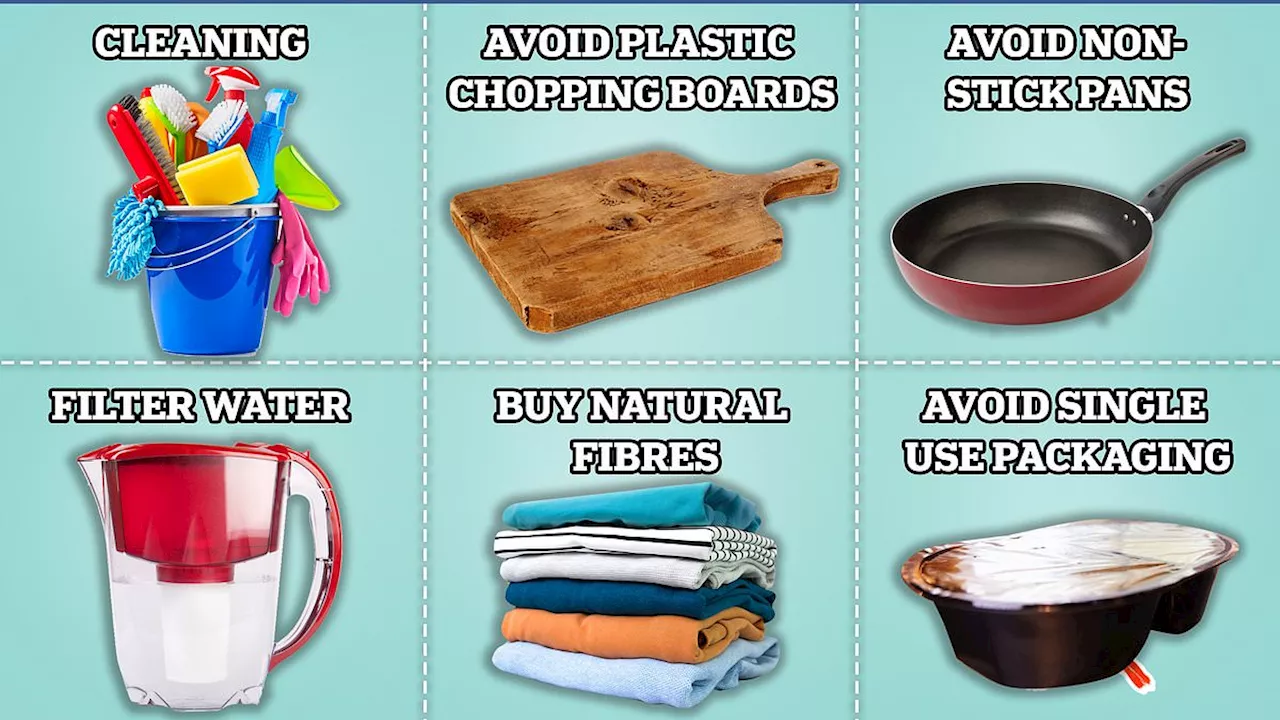Microplastics are in our food, water and the air we breathe. Fay Couceiro a professor of environmental pollution at the University of Plymouth suggests ditching plastic packaging and polyester furnishings.
The average person could be ingesting a credit card worth of plastic every week. Microplastics has been linked to inflammation, respiratory problems and cancerFrom kitchen utensils to home furnishings and even children's toys, microplastics are everywhere — although you won't be able to see them.
Cleaning Even dust sitting in the crevices of your home can contain microplastics, particles that are less than 5mm wide.Inevitably, some of this comes from exposure in our own homes, given we spend so much time there. So, in theory, vacuuming and dusting regularly will help stop you ingesting as much.
The average person could be ingesting about 5g of plastics a week, which is the equivalent to eating a credit card A 2023 American Chemical Society study found plastic boards to be a substantial source of microplastics in human food. Professor Krause says using a plastic chopping board could increase your exposure to microplastics in your food and says wooden boards would cause 'less micro-plastic generation through abrasion'.
Australian researchers developed an algorithm to count how many tiny particles are released by such invisible scratches caused by day to day use. Advertisement Filter waterIn Europe about 72 per cent of tap water samples contains plastic fibres, according to an analysis by WWF in 2019.But boiling and filtering water is one way of stripping the majority of these microplastics from what we drink.
At high temperatures, limescale will become solid, effectively 'encrusting' the plastic particles, and making them easier to remove through a filter, the study found. But she reassured that you are unlikely to reach these toxic levels outside of an industrial setting where such fabrics are manufactured.'Carpets have been associated with an increased number of microplastics in the air in homes, so swapping to non plastics carpets or removing carpets could reduce microplastics numbers,' Professor Couceiro told MailOnline.
United Kingdom Latest News, United Kingdom Headlines
Similar News:You can also read news stories similar to this one that we have collected from other news sources.
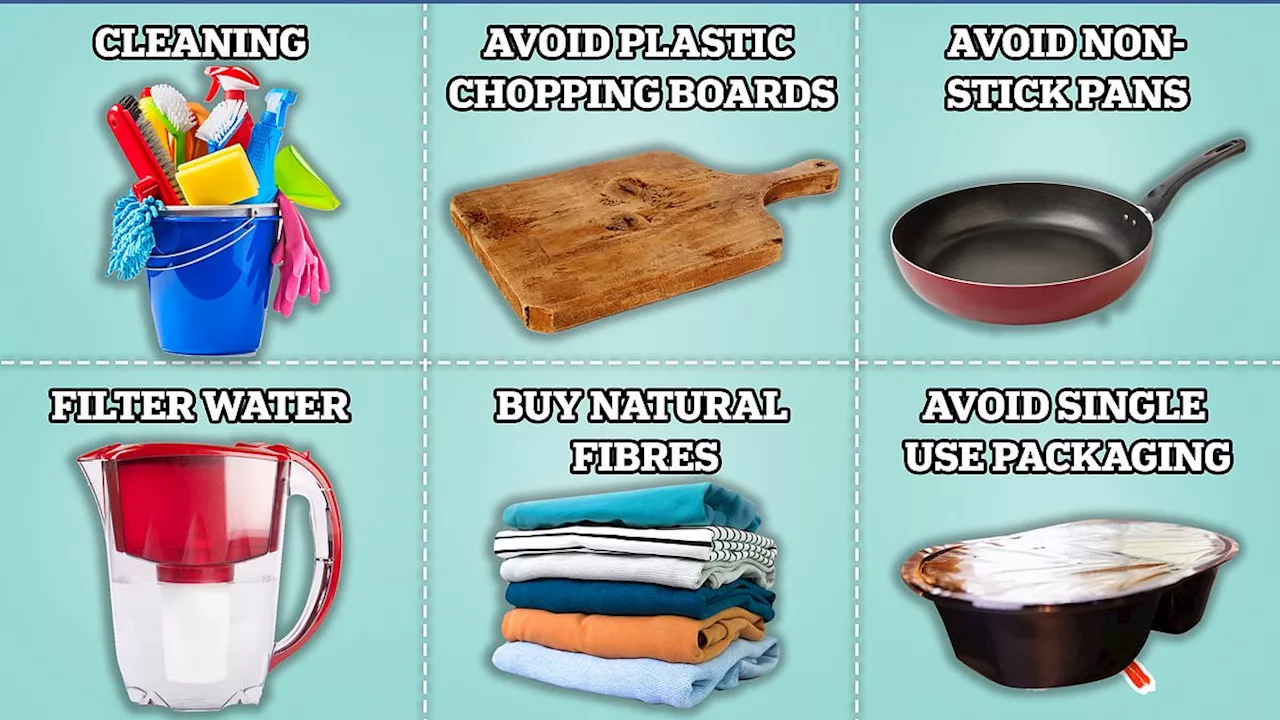 The microplastics lurking in your home - and how to avoid them (and why it might be time to buy a...Microplastics are in our food, water and the air we breathe. Fay Couceiro a professor of environmental pollution at the University of Plymouth suggests ditching plastic packaging and polyester furnishings.
The microplastics lurking in your home - and how to avoid them (and why it might be time to buy a...Microplastics are in our food, water and the air we breathe. Fay Couceiro a professor of environmental pollution at the University of Plymouth suggests ditching plastic packaging and polyester furnishings.
Read more »
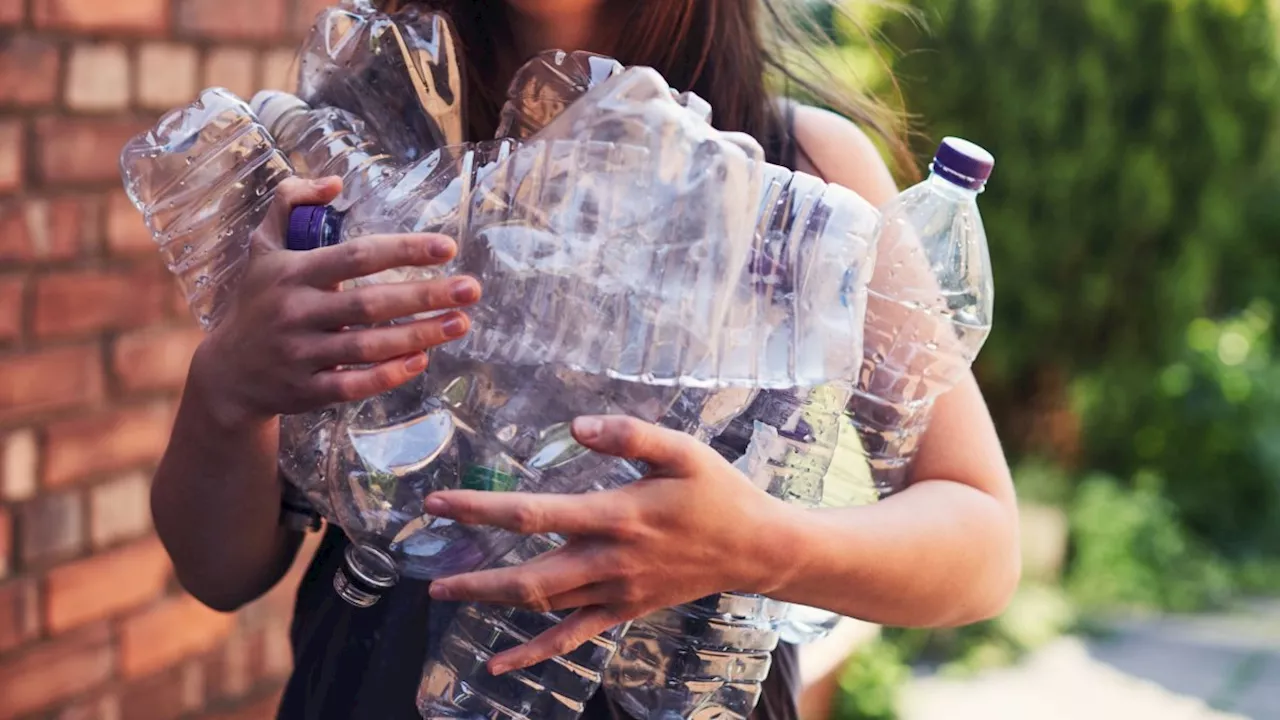 I’m a microplastics expert – here’s how I keep them out of my bodyFrom washing food to using fabric softener, microplastic expert Professor Rosa Busquets shares her top tips for avoiding them
I’m a microplastics expert – here’s how I keep them out of my bodyFrom washing food to using fabric softener, microplastic expert Professor Rosa Busquets shares her top tips for avoiding them
Read more »
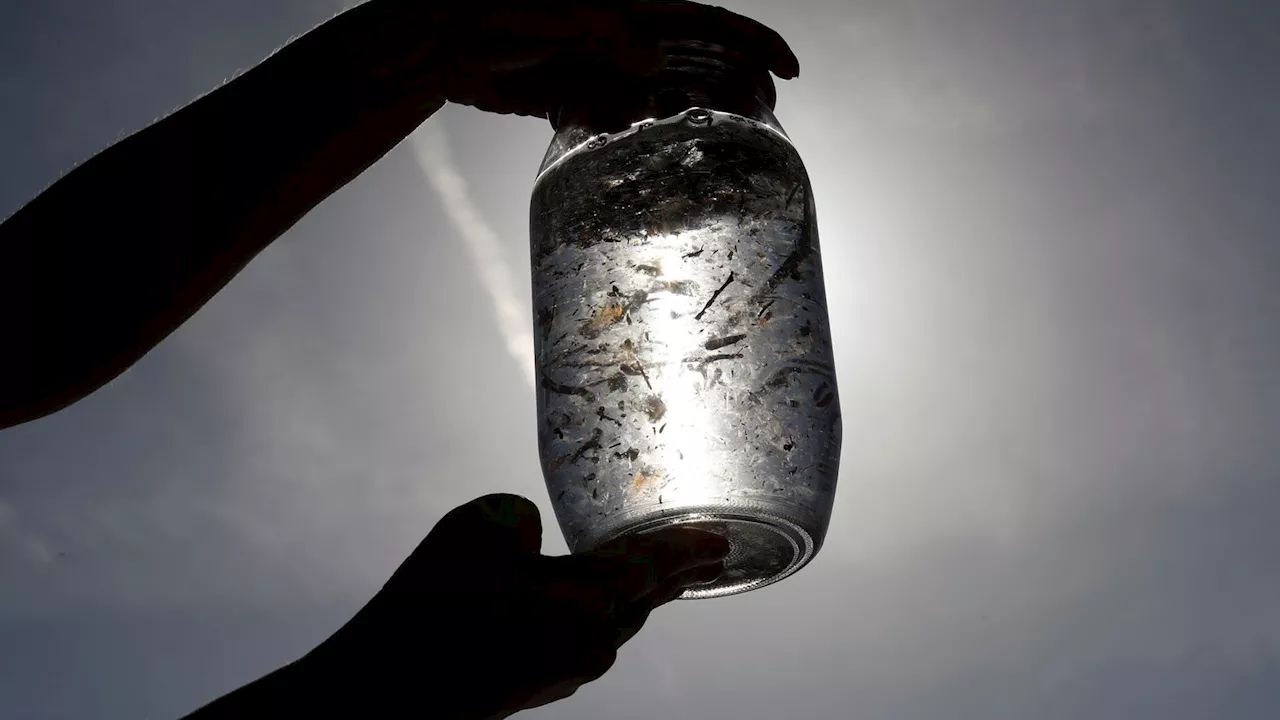 Microplastics in blood linked with stroke, heart attack and early death, study findsThe fact tiny plastic particles are entering human bodies has been well established, but their impact there is less understood. A new paper may have made a 'key advance' in scientists' understanding.
Microplastics in blood linked with stroke, heart attack and early death, study findsThe fact tiny plastic particles are entering human bodies has been well established, but their impact there is less understood. A new paper may have made a 'key advance' in scientists' understanding.
Read more »
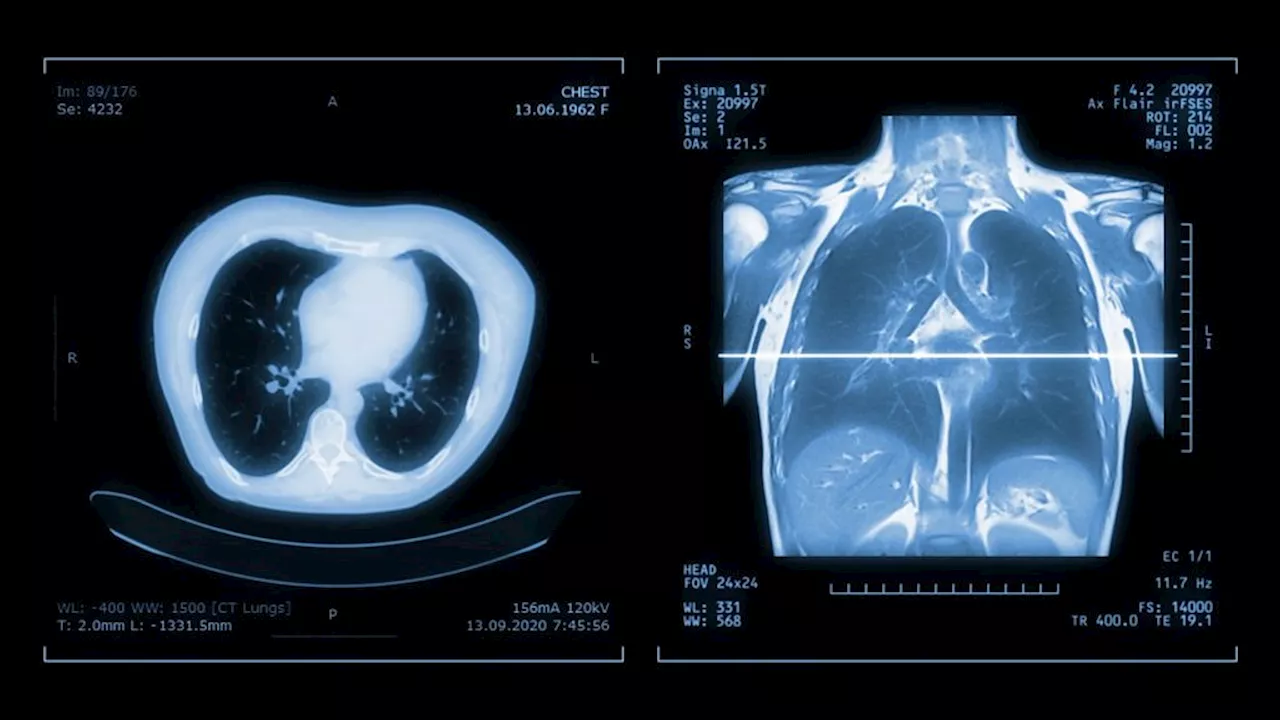 Microplastics Found Deep Inside Human LungsA new study has discovered microplastics deep inside human lungs, raising concerns about their impact on health.
Microplastics Found Deep Inside Human LungsA new study has discovered microplastics deep inside human lungs, raising concerns about their impact on health.
Read more »
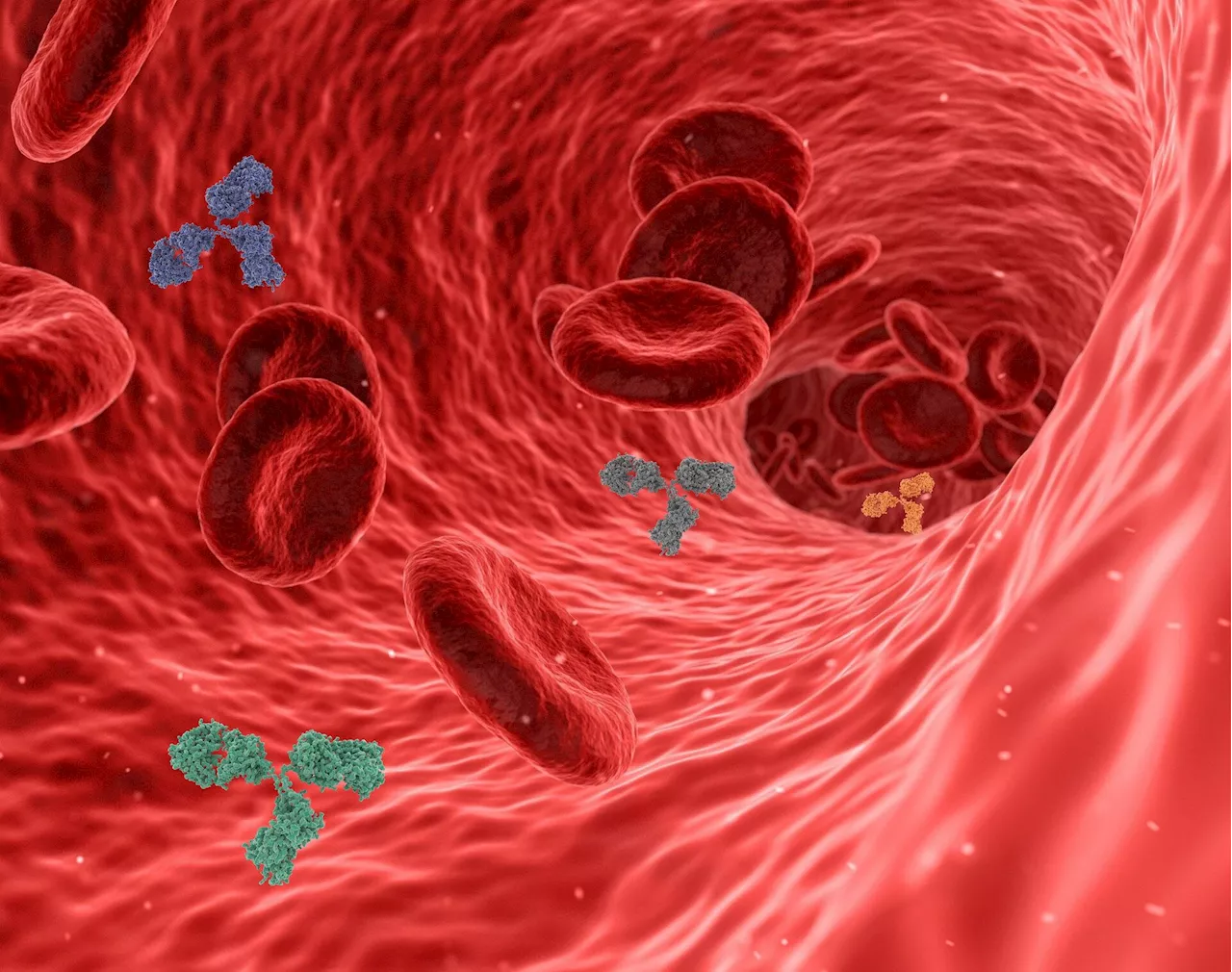 Microplastics found in artery plaque linked with higher risk of heart attack, stroke and deathMicroplastics and nanoplastics are everywhere in our environment—including in our oceans and lakes, farmland, and even Arctic ice algae.
Microplastics found in artery plaque linked with higher risk of heart attack, stroke and deathMicroplastics and nanoplastics are everywhere in our environment—including in our oceans and lakes, farmland, and even Arctic ice algae.
Read more »
 Penélope Cruz stuns in tiny leather micro shorts you can't missThe Ferrari actress brought back 90s edge with her sultry leather look
Penélope Cruz stuns in tiny leather micro shorts you can't missThe Ferrari actress brought back 90s edge with her sultry leather look
Read more »
